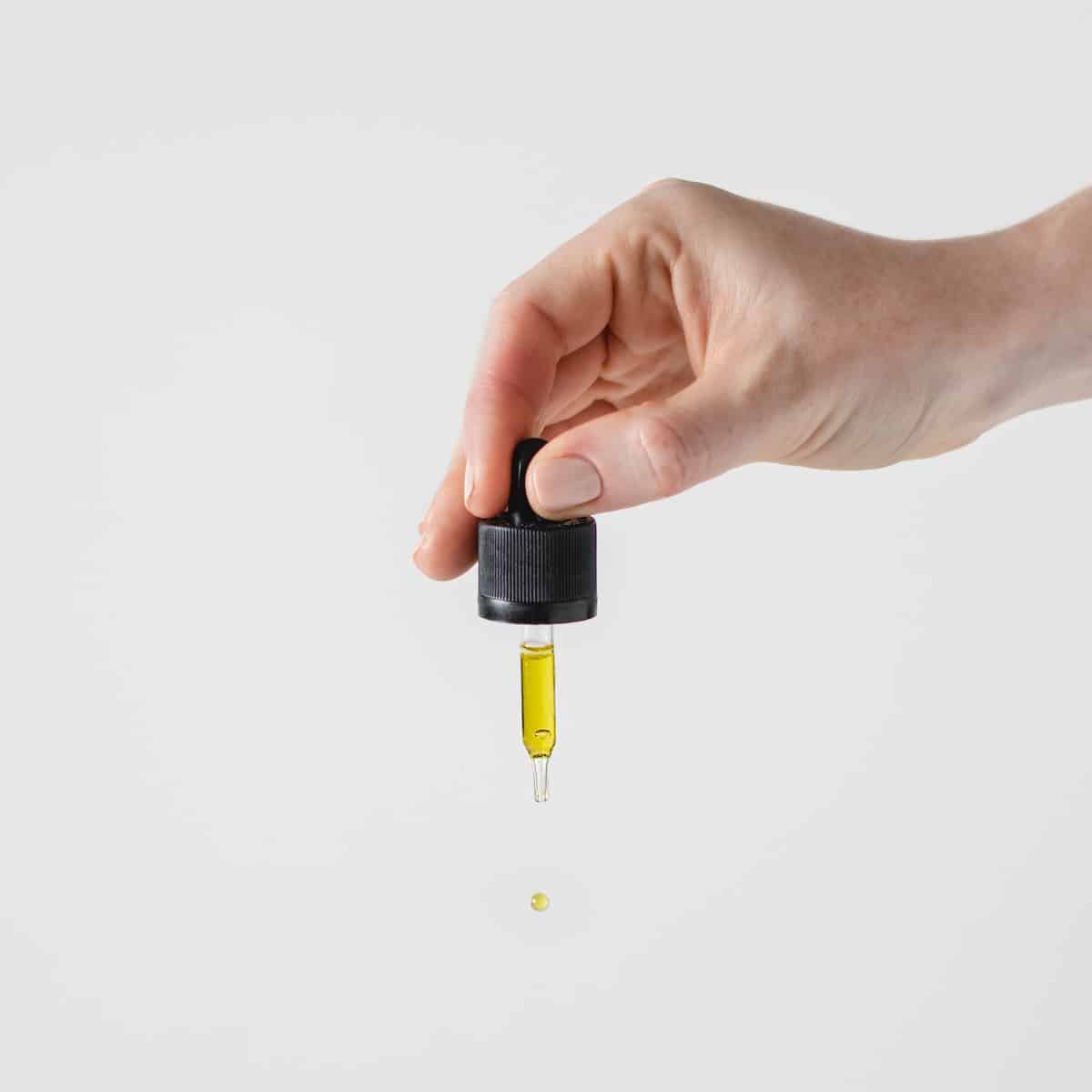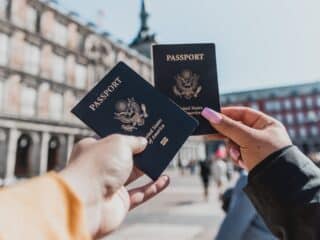 CBD (cannabidiol) has gained popularity for its potential health benefits, ranging from pain relief to anxiety reduction. However, travelers must be aware of the legal and practical considerations surrounding CBD use when crossing international borders. This guide explores the nuances of traveling with CBD, including legal restrictions, accessibility, and practical tips for travelers.
CBD (cannabidiol) has gained popularity for its potential health benefits, ranging from pain relief to anxiety reduction. However, travelers must be aware of the legal and practical considerations surrounding CBD use when crossing international borders. This guide explores the nuances of traveling with CBD, including legal restrictions, accessibility, and practical tips for travelers.
Understanding Legal Frameworks
Varying Regulations: CBD laws vary significantly from country to country and even within different regions of the same country. Some nations have legalized CBD for medical or recreational use, while others maintain strict regulations or outright bans.
THC Content: One of the primary factors influencing CBD’s legal status is its tetrahydrocannabinol (THC) content. THC is the psychoactive compound in cannabis which produces the “high,” and its presence in CBD products can complicate legality issues.
Research Before Traveling: Before traveling to somewhere new, research the local laws and regulations regarding CBD use and possession. This information can help you avoid legal troubles and ensure compliance with local statutes.
Traveling Domestically
Legalization Status: In countries or regions where CBD is legal, travelers can typically bring CBD products like CBD Gummies with them for personal use. However, it’s essential to check the specific regulations of each jurisdiction, especially regarding THC content limits.
Packaging and Documentation: When traveling with CBD domestically, keep your products in their original packaging with clearly labeled ingredients and THC content. This can help prevent misunderstandings or complications during security screenings.
Navigating International Travel
Legal Variability: International travel with CBD can be more complex due to varying legal frameworks and customs regulations. Some countries strictly prohibit the importation of CBD products, while others may allow them under certain conditions.
Risk of Confiscation: Even if CBD is legal in your home country and your destination, there’s a risk that customs officials may confiscate your CBD products during border inspections. This risk is higher when traveling to countries with stringent drug laws or where CBD is prohibited.
Consult Official Sources: Before traveling internationally with CBD, consult official government websites or contact the embassy or consulate of your destination country to clarify the legal status and any importation restrictions.
Practical Tips for Travelers
Research CBD Availability: If you rely on CBD for medicinal purposes or wellness, research whether CBD products are readily available at your destination. This can help you avoid the hassle of traveling with CBD and ensure uninterrupted access to your preferred products.
Consider Alternatives: In regions where CBD is prohibited or heavily regulated, consider alternative wellness practices or over-the-counter medications to manage your symptoms or concerns.
Be Transparent: If you decide to travel with CBD internationally, be transparent with customs officials if questioned about your CBD products. Provide accurate information about the products’ ingredients and intended use to mitigate potential misunderstandings.
Conclusion:
While CBD offers potential health benefits for travelers, navigating its legal and practical considerations requires careful attention to local regulations and individual circumstances. Whether traveling domestically or internationally, understanding the legal frameworks, researching destination-specific guidelines, and considering alternative options are essential steps for CBD users to ensure a smooth and compliant journey.






